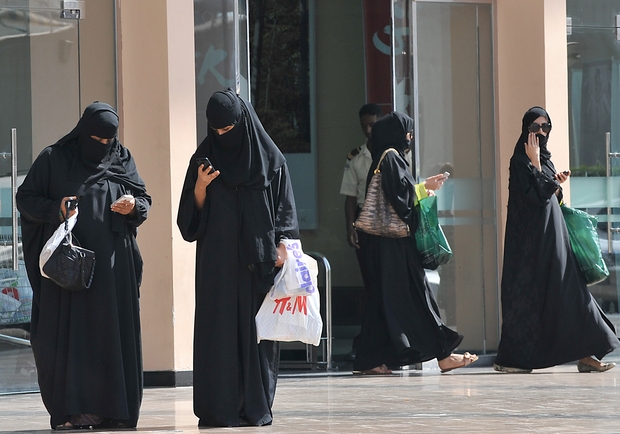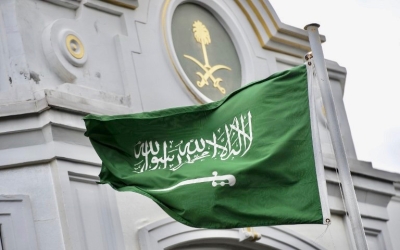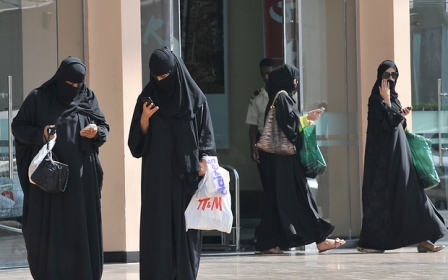EU parliament urges Saudi Arabia to end women's guardianship system

The European Parliament has urged Saudi Arabia to abolish its male guardianship system, under which women have to seek permission from their guardian on issues such as getting married, saying it and other rules reduce women to second-class citizens.
Parliamentarians also expressed concern on Thursday over "government web services" that allow male guardians to track women when they cross borders. A Saudi application called Absher notifies men when women travel.
Although male guardianship has been chipped away at over the years it remains in force.
Under the system, every Saudi women is assigned a male relative - often a father or husband but sometimes an uncle, brother or even a son - whose approval is needed if she is to marry, obtain a passport and travel abroad.
In their resolution, approved by more than two thirds of the assembly, EU politicians urged the Saudi government to immediately abolish the system.
Current rules in the kingdom effectively make women "second-class citizens", the document said.
EU states should continue pressuring Riyadh on improving women conditions and human rights, politicians said.
Resolutions by the parliament are not binding but can influence decisions made by EU governments and EU institutions.
Death penalty criticised
The resolution passed a day after the EU executive commission added Saudi Arabia to its blacklist of countries that pose a threat because of lax controls on money laundering and terrorism financing.
The bloc's relations with Saudi Arabia have cooled since the murder of Washington-based Saudi journalist Jamal Khashoggi in the kingdom's Istanbul consulate on 2 October.
Despite limited reforms introduced by Crown Prince Mohammed bin Salman that have reduced discrimination, such as the lifting of the driving ban for women, politicans said "the Saudi political and social system remains discriminatory".
The politicians urged the release from Saudi prisons of women's rights defenders, including some who were arrested after campaigning to end the ban on women driving.
Politicians also called for an immediate moratorium on the death penalty in Saudi Arabia, where it is still applied to punish non-violent offences, such as drug smuggling, treason, adultery and apostasy, they said.
The EU parliament passed a resolution in October urging an international investigation into Khashoggi's killing and called on EU states to stop the sale of weapons to the kingdom.
The CIA believes that bin Salman gave the green light for the journalist's murder, a charge the crown prince denies.
Middle East Eye delivers independent and unrivalled coverage and analysis of the Middle East, North Africa and beyond. To learn more about republishing this content and the associated fees, please fill out this form. More about MEE can be found here.






